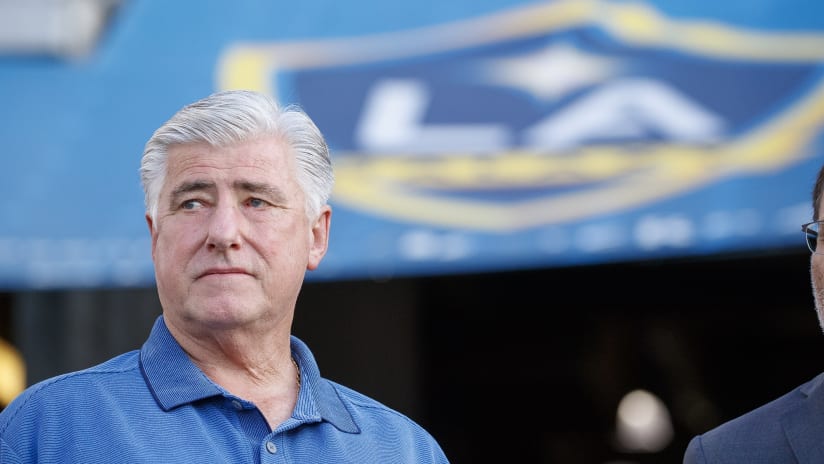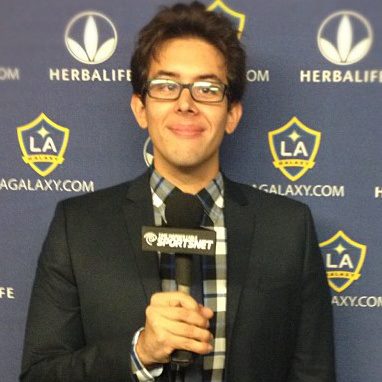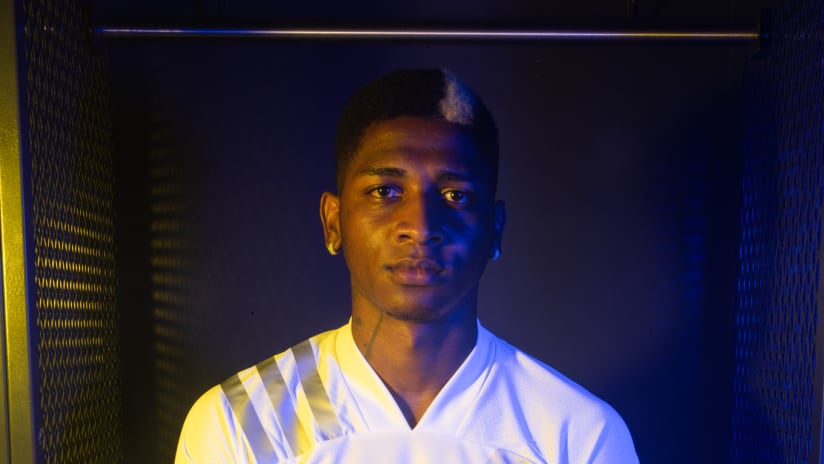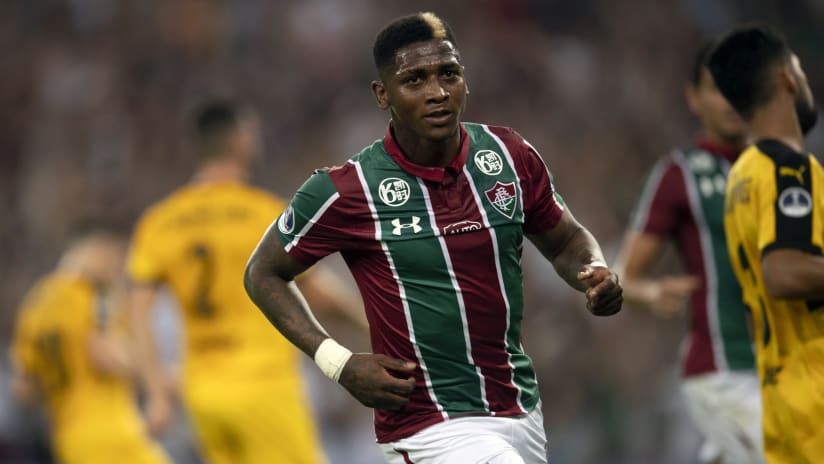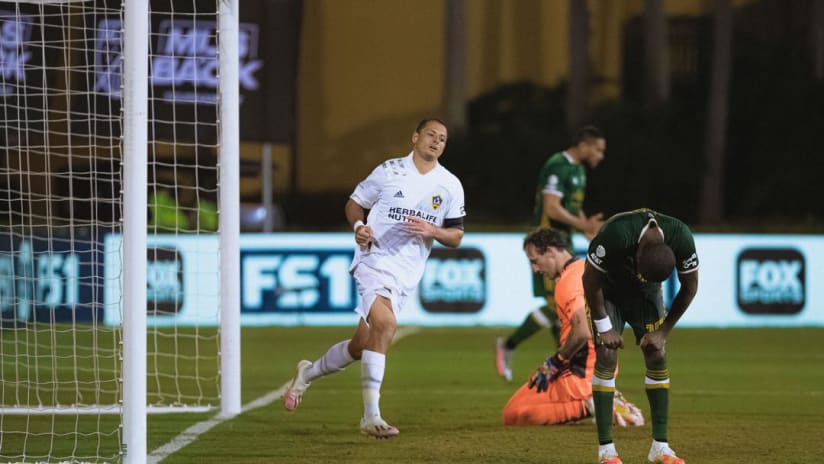CARSON, Calif. – LA Galaxy head coach Sigi Schmid says U.S. Soccer must “rise from the ashes and become stronger” as they look to rebuild following the U.S. National Team’s shocking failure to qualify for the 2018 FIFA World Cup.
A majority of Schmid’s quotes are below:
Q: What is there to change about U.S. Soccer system?
SCHMID: “I know that everyone is out there speculating and offering 8,000 ideas, but unless you’re on the inside and really know what is going on, there’s not much you can offer. Certainly, some change is probably needed and I have my ideas as to that might be. No one is asking for them, so I’ll keep them to myself.”
What is the impact the loss has on Bruce Arena’s legacy with the U.S. National Team:
SCHMID: “It’s tough because Bruce has been a fantastic coach and he has had so many accomplishments for the US, and you don’t want this situation to take away from those accomplishments because it was still there. He came into a difficult situation, but also what is shown, is that our team composition didn’t really always click at the right times during the CONCACAF qualifying process. It’s something that it’s hard to put your finger on it. Not being on the inside, I don’t know what it that is. But Bruce’s legacy should not suffer as a result."
The effect the defeat has on the interest in MLS and interest in the sport in the U.S.:
SCHMID: “You look at other countries, Chile didn’t make the World Cup, Netherlands didn’t make the world cup, and it’s more important than ever that the support for MLS is there because that’s where the players are going to come from. Certainly, some players have gone to Europe and done well, but if you look at the team that did so well in 2002 or 2010, there was a large MLS contingent on that team. I think MLS has helped a lot of the Central American teams because if you look at their goalscorer Roman Torres and others plying their trade in our league right now, they were very influential to their teams. We have to support our league, and we have to continue to support our national team even if there won’t be a meaningful competition for a while. We still have the opportunity to grow.”
Thoughts on the anger and frustration of the U.S. fanbase at the moment and thoughts on moving forward?
SCHMID: “It’s difficult because if you love the sport, you’re going to have to do it. You have to understand that those opportunities are going to present themselves moving forward. You have to make sure that you don’t throw the baby out with the bathwater. You have to make sure that doesn’t happen now. Everyone is saying that this is wrong, that is wrong, that’s wrong, but there are some things that are right. Every country is unique and is special. I think, and this is my only political statement right now, that I think that has hindered the development of soccer in the united states is that we keep trying to emulate somebody else. I think you need to learn from others, but the application of what you learn is unique to the US. What a Brazilian coach learns in Germany and brings back to Brazil is different because of how it gets applied in Brazil or Argentina because the situation isn’t the same as it is in other countries. We have to continue to learn from other countries, it’s important, but the same token, with the application of how that can best help the United States, there’s been a lot of guys that have been around the game a long time who have an idea of how that should work. We can’t accept those ideas blindly because although they’re good ideas, they’re not applicable to our country and the size and how our soccer is.
How do you feel like the loss might impact the popularity of the sport as a whole?
SCHMID: “You hope that it doesn’t affect the popularity as a whole, but it makes us put more time and energy into it because we want to be successful. The U.S. is successful in the sporting level in most of the sports they participate in, and it’s something that you want to do now on the soccer side. It’s going to make us think, it’s going to make us reflect and we’re knocked off our chair a little bit for this next week or so, but I think then we have to get right back on, and we have to go for it. It’s important to support MLS and not lose the drive that we have for soccer and the momentum that has been going on in this country over the last five to 10 years."
Are the structures already in place for the USMNT to succeed? Is the talk of greater structural change too rash at this time?
SCHMID: “I think it’s important that people who know the game in the US get together and we exchange ideas and roundtable it because there probably are better methods to go with. On the same token, that’s what you always do when you’re faced with nonsuccess or failure in this case to accomplish something. You’re always going to revisit and relook at what you want to do. It comes back to what I said earlier that you can’t blindly take from other countries and say that because Germany does it this way, we would do it to be successful. It’s very different. The German federation is different, and the size of the country is different. The people are different, and the whole infrastructure of the game is different. So you say, these are the good ideas from what they’re doing and how can we apply them to our infrastructure and to the size of our country. That’s why you need people who know the lay of the land in the US who have soccer knowledge and there are a lot of people that have that."
What are your thoughts about Bruce Arena saying that there doesn’t need to be any serious changes to the U.S. Soccer program, do you disagree or agree?
SCHMID: "I think Bruce Arena is a very accomplished coach and I respect his opinion. He and I have talked about soccer at various times. What he is doing more than anything right now is cautioning people because when something like this happens, people want to change everything and you can’t change everything. It doesn’t mean that everything is wrong. We have to look at selectively at what is wrong and what is right. If you got Bruce into a conversation a week from now, he’d highlight what is working and what areas we can change and improve upon."
Do changes need to happen with player identification process? Does coaching need to change at younger ages in the United States?
SCHMID: I don’t know if more coaching is necessarily better coaching. Kids need to play, and they need to play on their own. The closest sport that we have in the States to soccer is basketball. In basketball, kids get developed when they’re playing 4 v. 4 or 5 v. 5. You win, you stay on the court, and you lose you get off the court, so you figure out ways to win. I remember reading an article on Jason Kidd, and he was asked why he was such a good passer, he said that when he was on the courts, he was one of the smallest guys and he realized that he needed to learn to pass it to the big guys. I think that’s the part that we need in soccer. Player identification, for me personally, needs to get better in this country and the competition level. When you’re in Argentina, and you’ve made the Under-16 team at Estudiantes, well, when they pick the team next year, there is no guarantee that you’re on the team because there are 300 kids who are trying out for that team again. Sometimes, we entitle our kids too easily where they make the team at 14, and they’re going to be there forever. Competition is not an evil word if you use it in the right way. You have to teach the skills, and you have to teach the ability to play the game, and it's not all about OK can you run fast and run the guy over. Understanding and playing the game is certainly important, but competition, if you compete against me and you're good, you force me to find a new level of play. If you're not good, then I can find a lower level of play and still find success. I've seen kids play at seven years old where you're not supposed to keep score and they know the score of the game. They know. Competition is there and, again, comparing it to basketball, that's the reason that we have guys who can freelance and play and improve to take the game on their own shoulders. That's something we need more of in the U.S. but part of that is that we need to play a little more and not always play when it's time for practice and there's a coach, the bibs, and the cones. Sometimes, you just have to go out and play."

